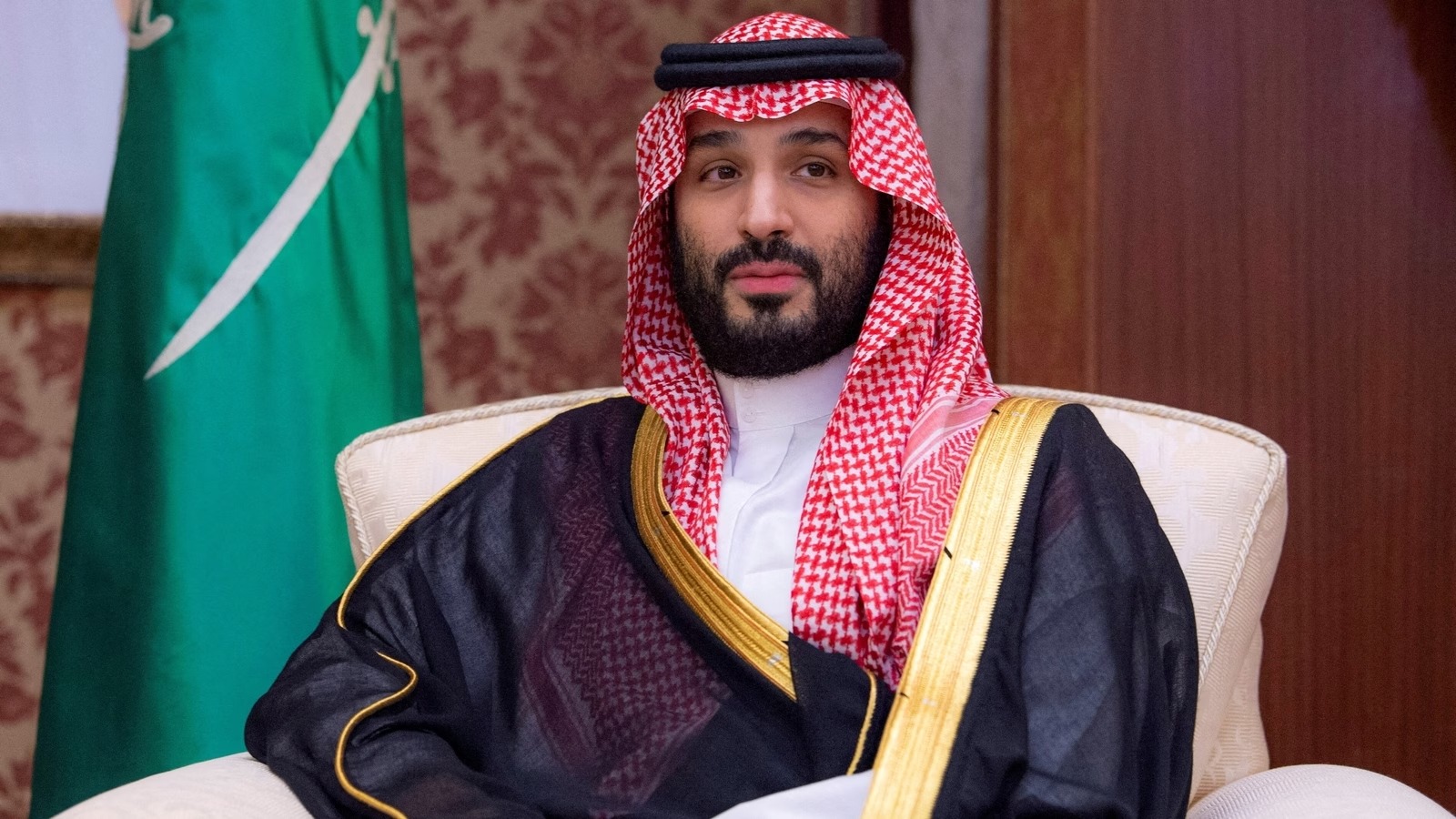Saudi Arabia has officially declared an end to all negotiations aimed at normalizing relations with Israel. The decision, conveyed to the United States Secretary of State, Antony Blinken, through a formal letter, has sent shockwaves through diplomatic circles. The Saudi government has cited the “extremist nature of the right-wing Israeli government” as the primary reason behind this abrupt and decisive move, asserting that it severely undermines any prospects of reconciliation with the Palestinians, and by extension, with Saudi Arabia.
Diplomatic Channels Shut Down
As the news breaks, diplomatic channels between Saudi Arabia and Israel find themselves abruptly shut down. The unexpected announcement has left many international observers in a state of bewilderment, as both countries seemed to be inching closer towards diplomatic normalization in recent years. Saudi Arabia’s decision to put a halt to these negotiations marks a significant shift in its foreign policy.
This sudden development comes as a blow to diplomatic efforts aimed at fostering peace and stability in the Middle East. The move is not only expected to impact regional dynamics but could also have repercussions on the global stage, where the normalization of relations between Arab nations and Israel has been a focal point of international diplomacy.
Right-Wing Israeli Government Blamed
Saudi Arabia’s letter to the Biden administration explicitly points fingers at the right-wing Israeli government, deeming its extremist nature as the primary obstacle to any potential rapprochement. The Saudi government believes that the policies and actions of the Israeli government, particularly with regard to the Palestinian issue, have rendered any progress towards normalization unfeasible.
This critique from Riyadh underscores the intricate balance that diplomacy in the Middle East requires. It highlights the significance of regional stability and resolution of long-standing conflicts as prerequisites for any meaningful diplomatic engagement. With Saudi Arabia’s decision, it becomes apparent that concerns over the plight of the Palestinians are still at the forefront of regional politics, despite ongoing efforts to foster Arab-Israeli reconciliation.
Uncertain Future for Regional Relations
The sudden halt in negotiations between Saudi Arabia and Israel raises questions about the future of regional relations and the broader Middle East peace process. With Saudi Arabia’s prominent position in the Arab world, its decision to discontinue negotiations could potentially influence other Arab nations’ stances on the matter. It may also have implications for the Biden administration’s efforts to revive the Israeli-Palestinian peace process.
This development underscores the complex and ever-evolving nature of diplomatic relations in the Middle East, where historical grievances and political dynamics often overshadow attempts at reconciliation. As regional players recalibrate their strategies in light of Saudi Arabia’s announcement, the path forward remains uncertain, with potential consequences for peace and stability in the region.
In conclusion, Saudi Arabia’s decision to end negotiations on normalization with Israel has sent shockwaves through the diplomatic landscape. The blame placed on the right-wing Israeli government’s policies and actions adds a layer of complexity to the already intricate web of Middle East diplomacy. As regional dynamics continue to evolve, the future of relations between Saudi Arabia, Israel, and the broader Arab world remains uncertain, leaving observers and policymakers alike to ponder the implications of this unexpected turn of events.















